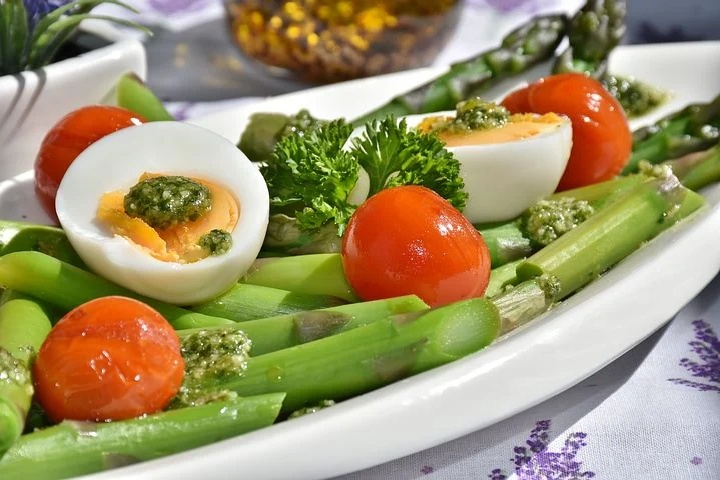Everything you need to know about the essential vitamin B12: what it is for, what symptoms indicate that you are lacking, what foods contain it when it is necessary to take supplements …
If you still do not know it, start taking note because vitamin B12 is one of the vitamins that are essential for the proper functioning of the body.
It is necessary for the blood, the nervous system, the formation of cells, and the production of energy (among many other functions), and that is why it is considered that … you cannot live without it!
Table of Contents
1. Vitamin B12, What Is It For
This vitamin, also known as the energy vitamin, is involved in many of the body’s essential processes that ensure we live well. It is included in the formation of red blood cells, and it is necessary for neurons and also for cells.
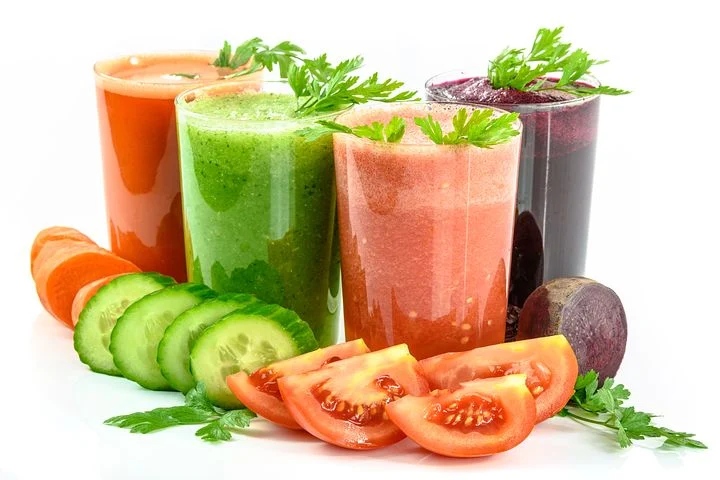
2. Properties And Benefits Of Vitamin B12
a. Fights tiredness and fatigue
It prevents a type of anemia that causes tiredness and weakness in people.
b. Improves digestion
It plays a vital role in the assimilation of iron and carbohydrates and the correct metabolization of fats.
c. Protect the heart
It contributes to fighting cardiovascular diseases.
d. It helps to rest
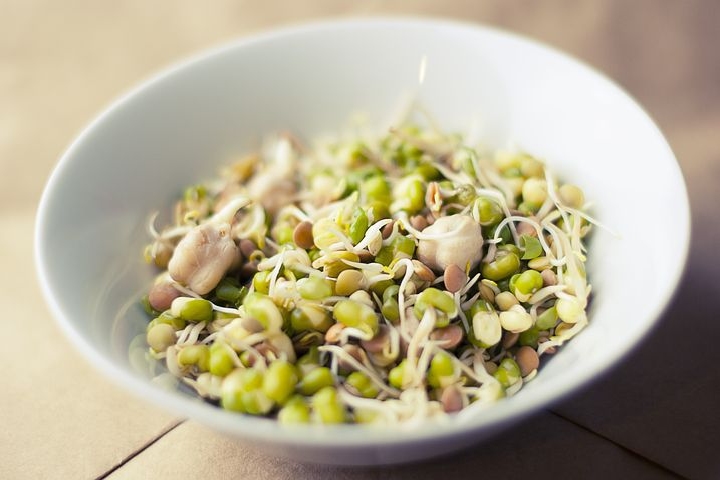
It plays a crucial role in the production of melatonin, known as the “sleep hormone.”
e. Anti-stress effect and good humor
It improves concentration, and memory, and reduces irritability.
f. Improve memory
It helps keep neurons healthy and is essential for their function.
g. Strengthens muscles
It favors the development of tissues, especially muscles. And it acts as a growth factor in children.
h. Essential for pregnant women
It favors female reproduction and healthy pregnancy. Among the dangers of not having enough vitamin B12 are a type of anemia and blood and neurological problems of various kinds.
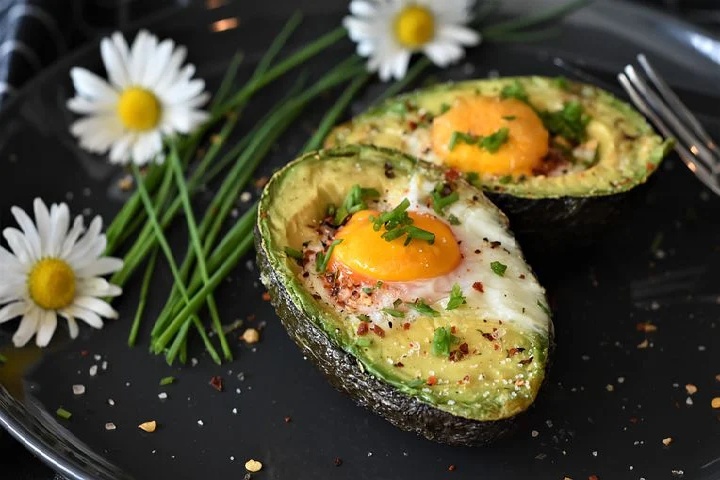
3. Foods With Vitamin B12
One of the drawbacks of vitamin B12 is that it is only present in foods of animal origin, as pointed out by Julia Farre, dietitian-nutritionist at the Julia Farre Nutrition Center: “At the moment, no plant source of bioavailable B12 is known.
For the body. The vitamin B12 that we can find in some algae or yeasts does not serve as a food source of vitamin B12. ”
Some plant foods, such as miso and tempeh (fermented soybeans), sauerkraut (fermented cabbage), and some algae, were formerly believed to be excellent sources of B12. But at present, it is considered that they contain forms similar to the vitamin.
Still, without its properties and that they could even block the authentic B12 “or give false values of B12 in the blood, it seems that everything is correct when there could be a deficiency of this vitamin, “continues Farre.
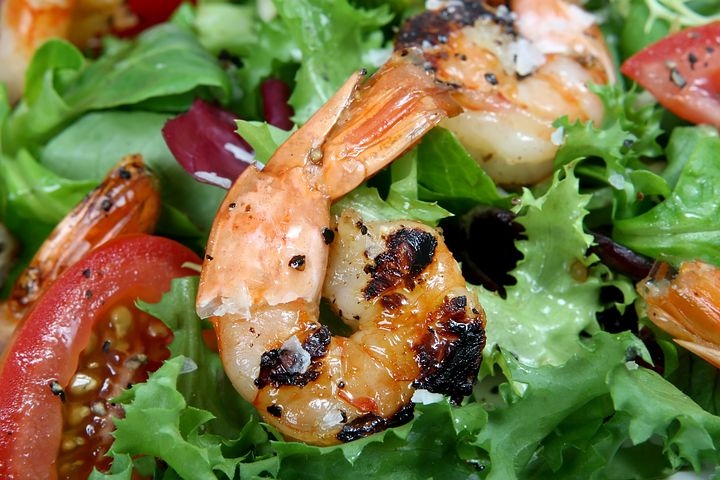
4. Foods With The Most Vitamin B12
a. The seafood
All mollusks in general and, above all, clams, which, with 98 micrograms of vitamin B12 per 100 g, are at the forefront of food with this vitamin.
b. The viscera
Veal liver, with 80 micrograms of vitamin B12 per 100 g, is in second place in the ranking. It is followed by lamb kidneys (55), and pig liver (39).
c. Bluefish
Mackerel, although located a little further than the previous ones, ranks next on the list with 19 micrograms of vitamin B12 per 100 g. Behind him are sardines (8.9), herrings (8.5), and salmon (3.5).

d. The meat
Beef, with 13 micrograms of vitamin B12 per 100 g, is strained after mackerel and before other bluefish. The lamb (2.6), on the other hand, is behind.
e. Dairy
This vitamin is also present in dairy but in discrete amounts. Swiss cheese, with 3.3 micrograms of vitamin B12 per 100 g, and Parmesan (2.3) have the most.
f. The eggs
The egg yolk contains two micrograms of vitamin B12 for every 100 g.
5. What Is The Recommended Amount Of B12
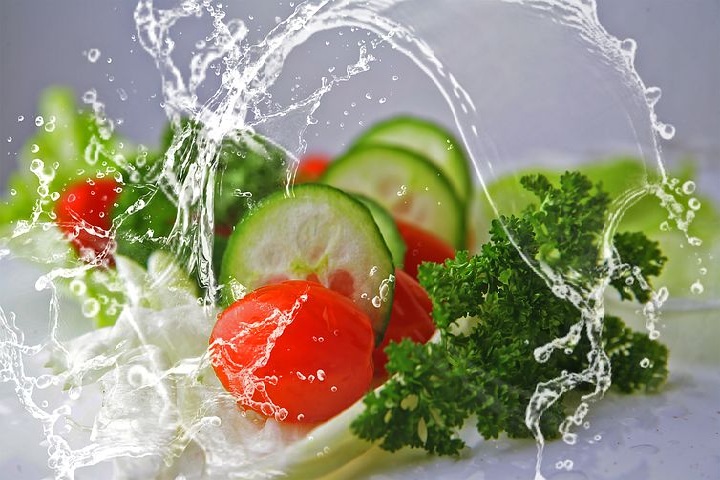
The recommended daily amount of vitamin B12 ranges, depending on various factors, between 2 and 4 micrograms per day. As our liver can store it for a long time, it is unnecessary to ingest it daily.
But, in return, it can make its deficiency not be detected for a long time. And in the case of vegans (vegetarians who eat nothing animal, not even dairy or eggs), there is no choice but to take supplements.
6. Lack Of Vitamin B12. Symptoms
To know if you have enough, you need to do an analysis. But some symptoms can betray the lack of vitamin B12.
- Feeling of fatigue
- Lack of energy
- Muscular weakness
- Pallor or yellowing of the skin
- Tingling in arms or legs
- Headache
- Palpitations
- Dizziness and shortness of breath
- Lack of appetite
- Less sensitivity to pain
- Increased feeling of cold
- Body numbness
- Apathy
- Memory loss
- Concentration problems
- Anxiety
7. Do I Need To Take Supplements
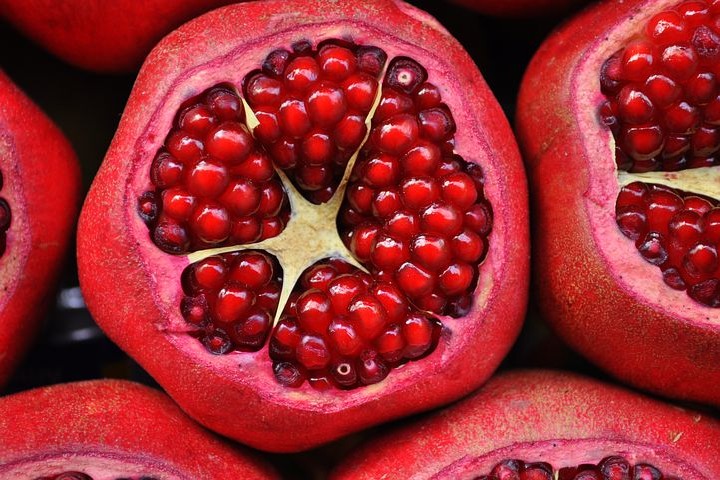
For vegans, it is essential, since they do not consume any food that contains it. But they are also likely to have to take them:
- All vegetarians, because the dairy and eggs they consume, are usually not enough to guarantee minimum levels.
- People who eat little meat and fish.
- Those who suffer from pernicious anemia and megaloblastic anemia.
- Those who suffer from intestinal disorders or take stomach protectors since they hinder the absorption of this vitamin.
Some sources recommend that they also are taken by people over 50, but other experts, such as dietitian-nutritionist Julia Farre, prefer not to generalize in this regard: “I am not in favor of supplementing systematically for an age reason if it does not exist One reason. I recommend analyzing each case individually to be able to assess the indication or not of supplementation. “
8. Where To Find Them (Vitamin B12)

The supplements that you can find are of bacterial origin, that is, they are not of animal origin and, therefore, are suitable for everyone, including vegetarians and vegans.
And of those on the market, cyanocobalamin is the most recommended form because it is the most studied in dosage and toxicity.
9. Recommended Dose (Vitamin B12)
Foods fortified with B12 (breakfast cereals, soy products, vegetable drinks, and some yeasts) can help meet B12 needs. According to Farre, “for healthy vegetarian adults, the recommended dose is 2000 micrograms once a week or 1000 micrograms twice a week.
As a supplement, it does not require a prescription and can be purchased without a prescription.”

